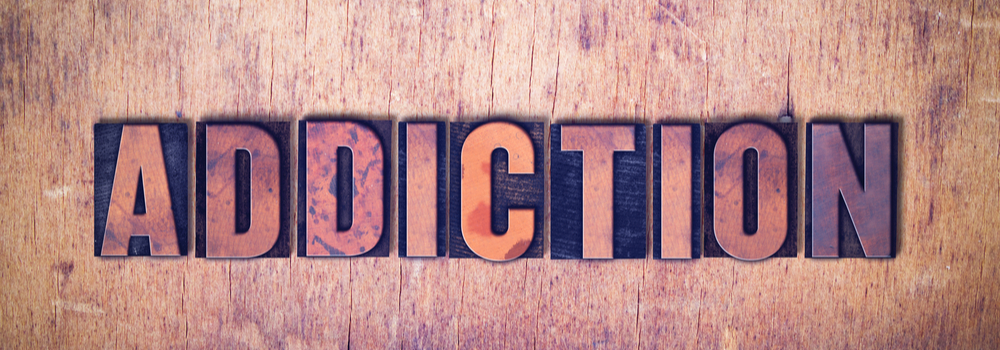“Gateway drug” is a term that has come and gone in social and scientific communities. For long years, marijuana was considered to be a ‘gateway drug’, a substance that would open the gates of the mind to other harder, more dangerous drugs. Then, the gateway drug became alcohol as an increasing amount of research proved that alcohol had far more of a gateway effect than marijuana did. However, the pervasive popularity of alcohol and the normalcy of its consumption, even its abuse, saw this argument fall out of public favor. With it, the entire conversation about gateway drugs disappeared. More conversation about addiction opened up, leading to a greater understanding of the behavioral and medical side of addiction.
Now, years later, the gateway drug argument is making a resurgence. According to The New York Times, Columbia University published new research in November in the journal Science Advances. Using rats as models, the research found that when rats were first exposed to alcohol, they were more likely than rats not exposed to alcohol to push a lever in their cage that released cocaine laced water. In examining the brains of the rats, researchers discovered that rats who had consumed alcohol had two genes suppressed in their brains. These genes were responsible for helping the brain cut off the effect of cocaine. Rats liking alcohol and cocaine is not new to researchers in the field. What stands out about the study, the article explains, is that “…there was no enabling effect when the order of the drugs was reversed. Taking cocaine did not make the rodents more susceptible to the effects of alcohol…supporting the idea that some drugs are better positioned than others to act as place-setters.”
Dr. Denise Kandel of Columbia University explains to The Times that the use of one drug creates an effect in the brain which causes the next drug to be more rewarding. Reward is a critical component of the neurobiological model of addiction. Drugs and alcohol create a surge production of dopamine, a brain messaging chemical, which sends signals of pleasure to areas of the brain like the nucleus accumbens. Called the reward center of the brain, the nucleus accumbens makes note of what creates pleasure and associates it with reward. Dr. Kandel notes that the reward effect discovered in the research isn’t created equal among all drugs. “…There is an order,” she states, “Cocaine doesn’t create this effect.”
There is freedom from addiction. If you or a loved one are struggling, help is available. Tree House Recovery is a men’s treatment program located in Portland, Oregon. Creating sustainable recovery through sustainable change, our programs help men learn how to live sober with adventurous lives. Call us today for information: (503) 850-2474




